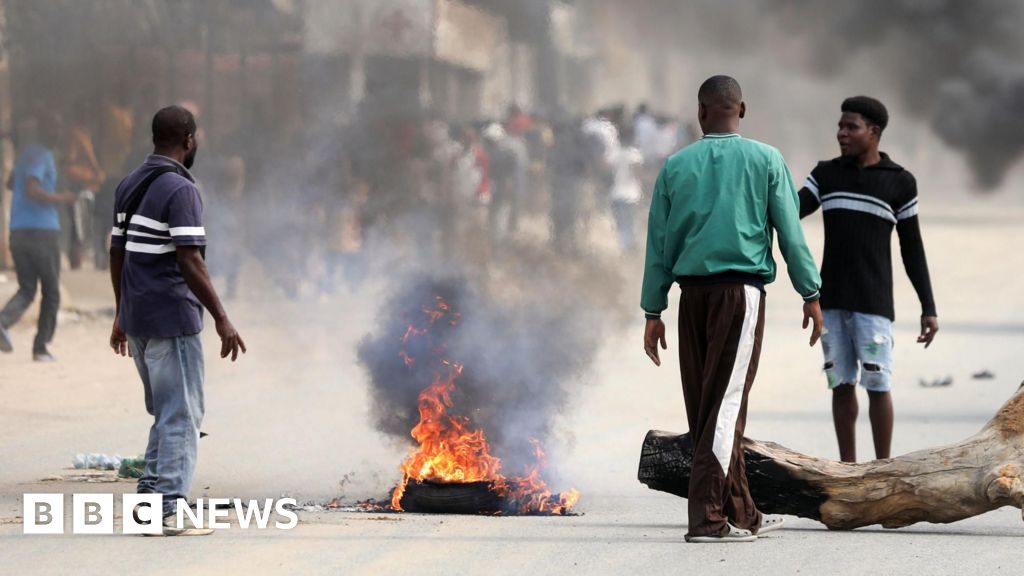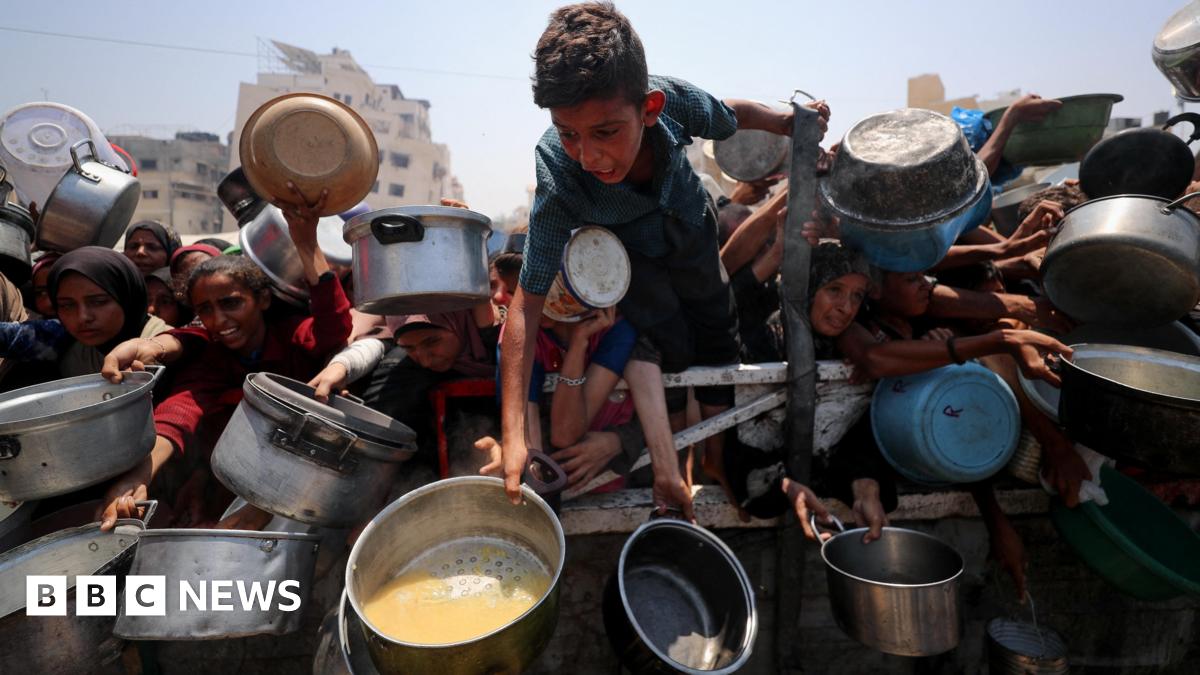Haiti on the Brink: US Cautions Against Corruption and Bribery Fueling Instability

Port-au-Prince, Haiti – As Haiti grapples with a deepening crisis, the United States has issued a stark warning regarding widespread corruption and reported instances of bribery aimed at further destabilizing the already fragile nation. The situation has escalated dramatically, prompting international concern and a renewed focus on the root causes of the unrest.
The US State Department's statement underscored the gravity of the situation, highlighting how corrupt practices are actively exploited to undermine security and hinder humanitarian efforts. Allegations of bribery within government institutions and among those tasked with maintaining order are particularly troubling, as they erode public trust and exacerbate existing tensions.
A Perfect Storm of Challenges
Haiti is currently facing a confluence of challenges, including escalating gang violence, a severe economic downturn, and a political vacuum following the assassination of President Jovenel Moïse in 2021. Gangs control significant portions of the country, particularly in the capital, Port-au-Prince, engaging in extortion, kidnapping, and other criminal activities. This has led to widespread displacement, food insecurity, and a breakdown in essential services.
The presence of the UN-backed multinational security support mission, comprised of Haitian and Kenyan police, is intended to restore order and provide stability. However, the US warning suggests that corruption is infiltrating even these efforts, undermining their effectiveness and potentially prolonging the crisis.
The Role of International Aid
The US has been a significant provider of humanitarian and financial assistance to Haiti. However, concerns about corruption have consistently hampered the delivery of aid and its impact on the ground. The Biden administration is now signaling a more assertive approach, demanding greater transparency and accountability from Haitian authorities and international partners.
“We are deeply concerned by the pervasive corruption that continues to plague Haiti and undermine efforts to address the ongoing crisis,” a State Department spokesperson stated. “We will continue to work with Haitian authorities and international partners to promote good governance, combat corruption, and ensure that aid reaches those who need it most.”
Kenya's Role and Concerns
The Kenyan police contingent within the UN mission has also faced scrutiny. While Kenya has committed to supporting Haiti, questions remain about the training and preparedness of its officers, as well as the potential for corruption within its ranks. The US warning underscores the need for rigorous oversight and accountability measures to ensure that the mission’s actions align with international standards.
Looking Ahead: A Path to Stability?
Addressing Haiti’s crisis requires a multifaceted approach that tackles both the immediate security challenges and the underlying issues of corruption and governance. Strengthening Haitian institutions, promoting judicial reform, and fostering inclusive dialogue among stakeholders are crucial steps towards a more stable and prosperous future. The international community has a vital role to play in supporting these efforts, but it must do so in a way that is transparent, accountable, and responsive to the needs of the Haitian people.
The US warning serves as a clear signal that the international community will not tolerate corruption that undermines stability and hinders humanitarian assistance in Haiti. The coming months will be critical in determining whether Haiti can overcome these challenges and chart a course towards a more secure and sustainable future.






